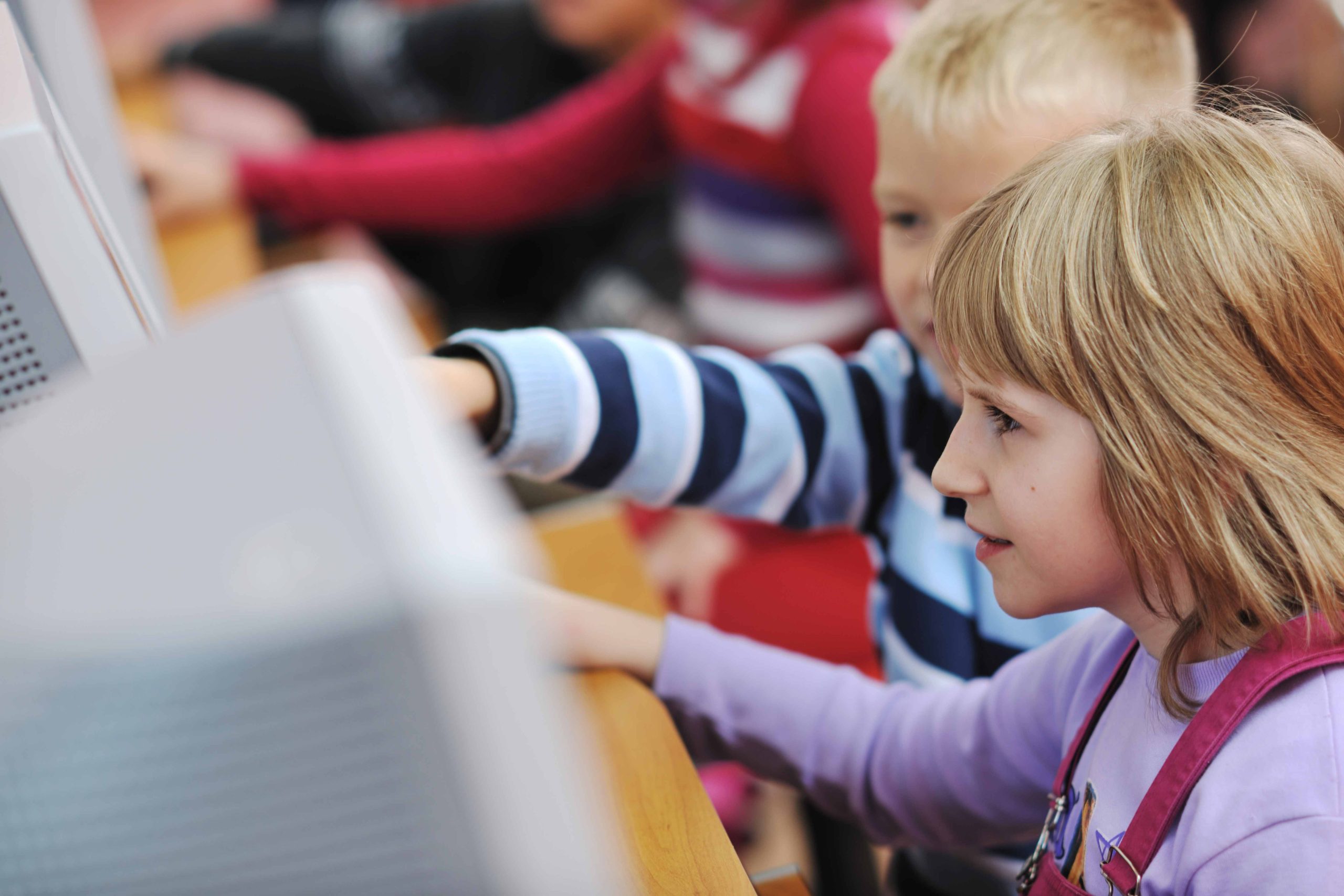
The Nursery Level Is When Preschoolers Develop Advanced Learning Skills
As a parent, educator, or guardian, your goal is to witness the advancement and learning of your preschoolers. During the nursery level, preschoolers engage in various learning activities to support their physical, mental, and emotional growth, laying the groundwork for future academic and social success. Let’s explore the advanced learning abilities that preschoolers develop during this stage.
Physical Progress
Preschoolers refine their gross and fine motor skills during the nursery stage. Gross motor skills involve activities like running, jumping, throwing, and catching, while fine motor skills involve tasks like tying shoelaces and holding a pencil. Through activities like running, skipping, and playing games, preschoolers enhance their agility, balance, strength, and coordination.
Literacy and Language Abilities
Strong language and reading skills are crucial for future academic success. At the nursery stage, preschoolers enhance their language abilities by learning new words, grammar, and sentence structure. They also improve their literacy skills by learning the alphabet, phonics, sight words, and basic reading and writing skills.
Mathematical and Cognitive Skills
Preschoolers are introduced to fundamental cognitive and mathematical concepts during the nursery level. They learn counting, sorting, patterns, shapes, colors, and basic arithmetic operations like addition and subtraction. Activities such as puzzles, building blocks, and number games help enhance their problem-solving, critical thinking, and arithmetic skills.
Emotional and Social Skills
During the nursery level, preschoolers develop social and emotional skills such as cooperation, sharing, emotional regulation, and empathy. Engaging in activities like role-playing, group discussions, and storytelling fosters their social interactions and emotional intelligence.
Artsy and Imaginative Abilities
Preschoolers are encouraged to express their creativity through activities like drama, dance, music, and art during the nursery level. Engaging in activities such as acting, singing, dancing, and drawing enhances their creativity, imagination, and self-expression.
In conclusion, the nursery level is a critical stage in a child’s academic development, where they acquire a wide range of skills essential for future success. Parents, educators, and guardians play a vital role in supporting preschoolers’ learning by providing a nurturing environment and engaging them in activities that foster their development.
Past the Kindergarten Level
Preschoolers’ future growth depends on the skills they acquire during the nursery level. It’s important to recognize that learning continues beyond the nursery level, as preschoolers progress to elementary, primary, and secondary school. Each stage of education offers opportunities for further development and learning in various domains.
Supporting Preschoolers’ Education
Parents, educators, and guardians can support preschoolers’ learning by:
- Reading aloud to preschoolers daily to enhance language and literacy skills.
- Providing hands-on learning opportunities through play.
- Encouraging creative expression through art, music, dance, and theater.
- Offering constructive feedback to build confidence and self-esteem.
- Promoting socialization to develop social and emotional skills.
The Value of Advanced Education: Knowledge Preschoolers Acquire at the Nursery Level
The preschool years are crucial for acquiring essential skills such as language and literacy, math, social and emotional development, and cognitive and motor skills. Parents and educators can play a significant role in nurturing these skills and laying a strong foundation for future academic and social success.
Advice for Educators and Parents
To support preschoolers’ development:
- Read to preschoolers daily to enhance language and literacy skills.
- Encourage preschoolers to engage in writing activities.
- Facilitate conversations to improve communication skills.
- Engage preschoolers in counting and sorting activities to develop mathematical skills.
- Provide opportunities for physical activity to enhance cognitive and motor skills.
- Model positive social behavior to foster social and emotional development.
Conclusion
The nursery level is a critical period in a child’s academic development, where they acquire fundamental skills essential for future success. Parents, educators, and guardians can support preschoolers’ learning by creating a nurturing environment and engaging them in activities that promote their holistic development.

